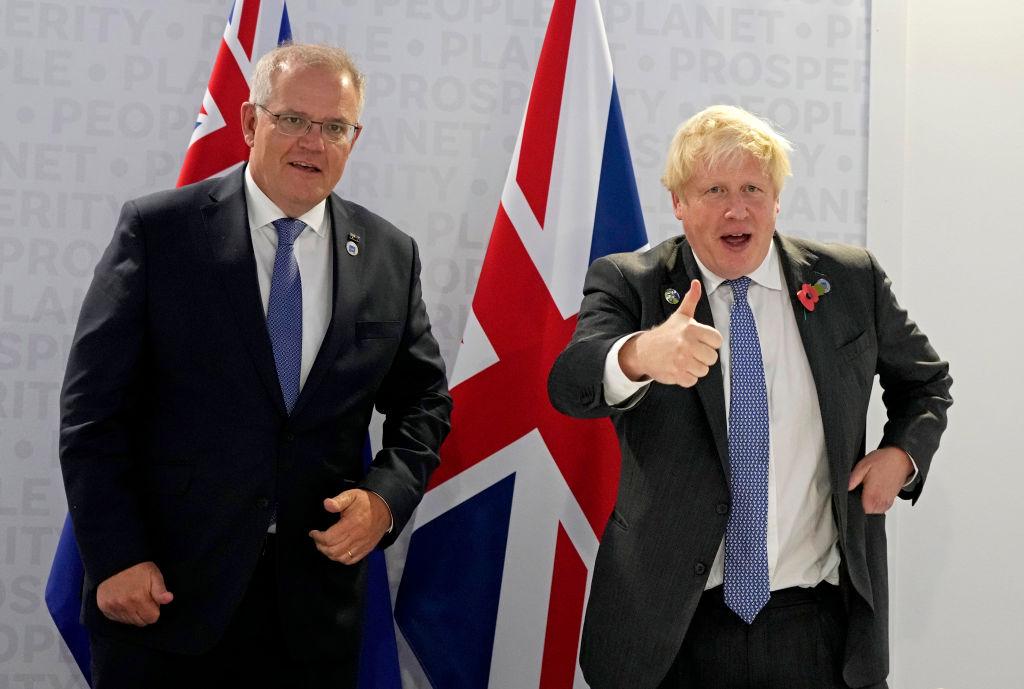Commentary
It is too often overlooked in all the discussions about the “transition” to a net-zero emissions economy that the most consequential transition is that from democratic capitalism to feudal serfdom.


It is too often overlooked in all the discussions about the “transition” to a net-zero emissions economy that the most consequential transition is that from democratic capitalism to feudal serfdom.